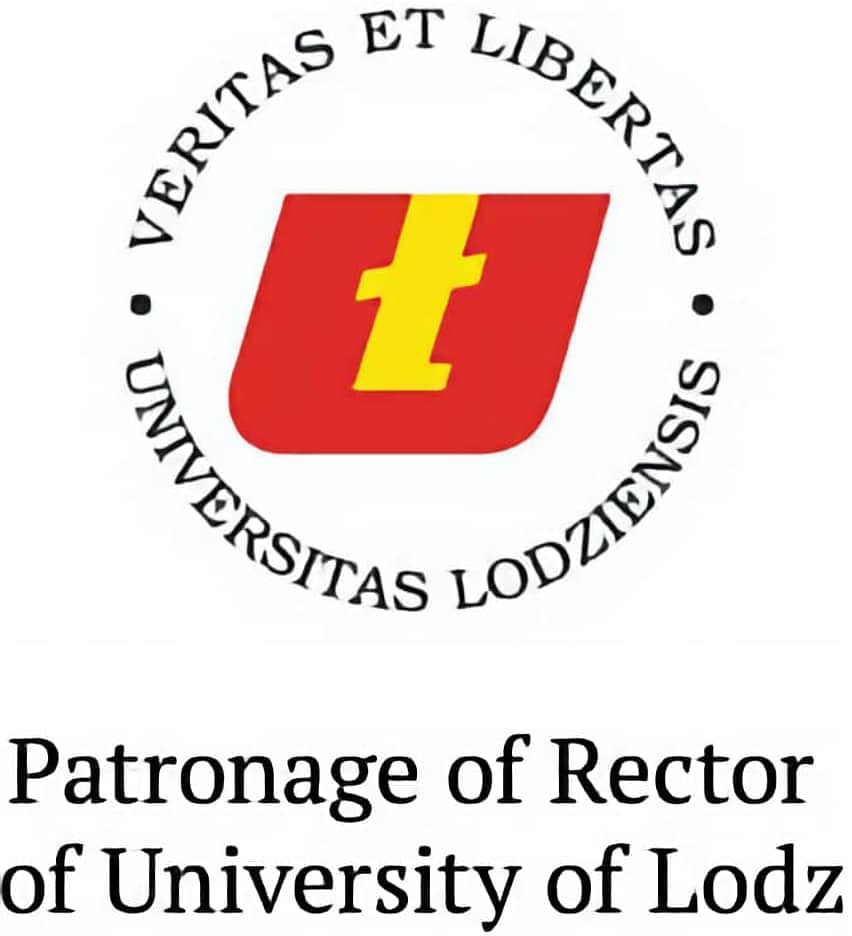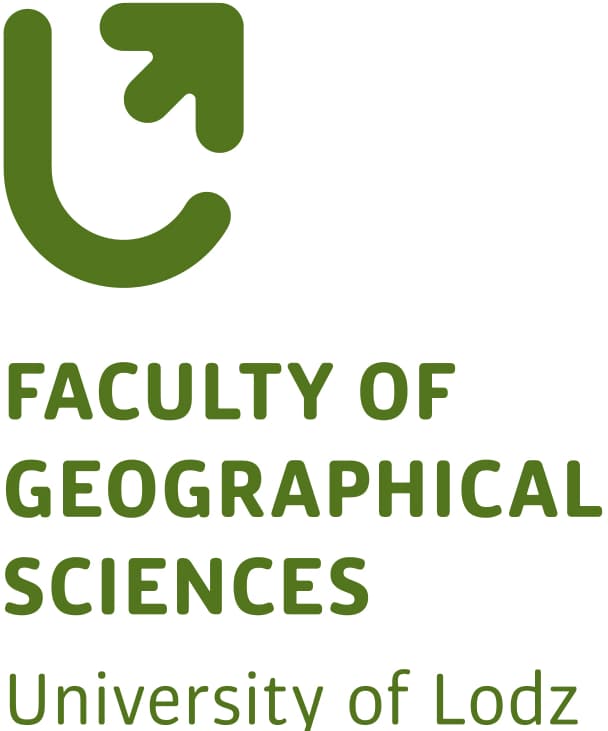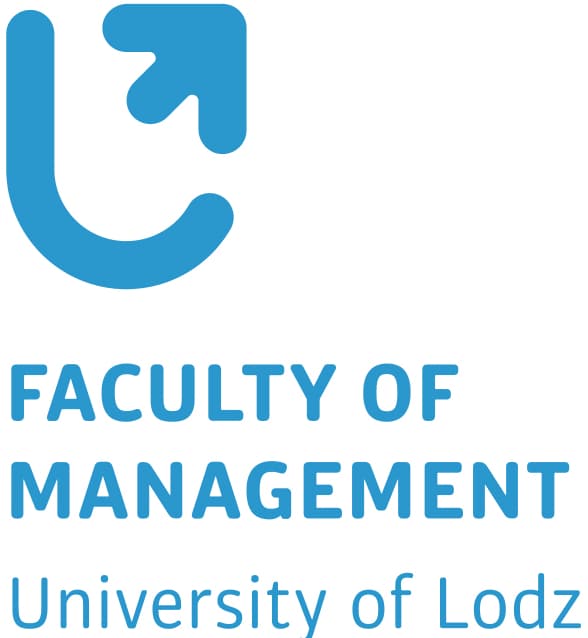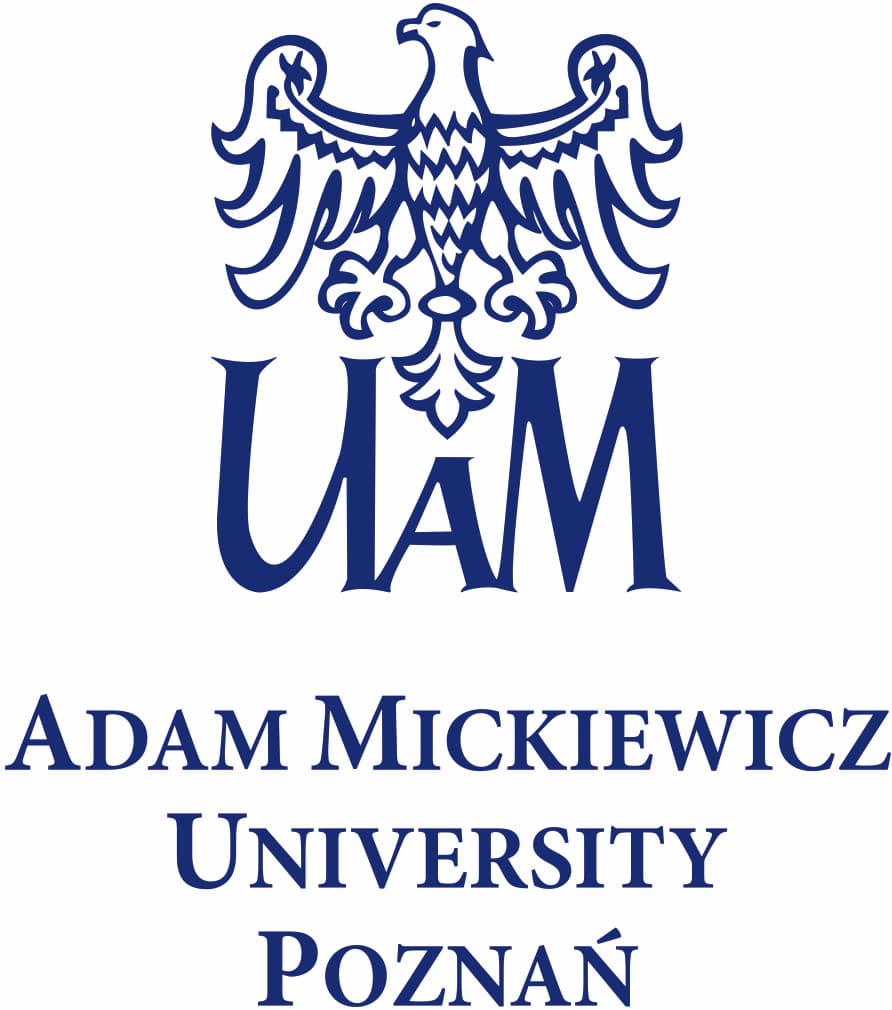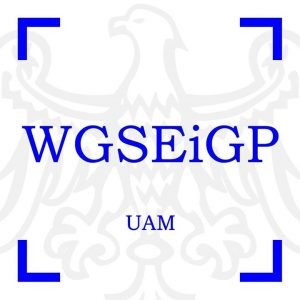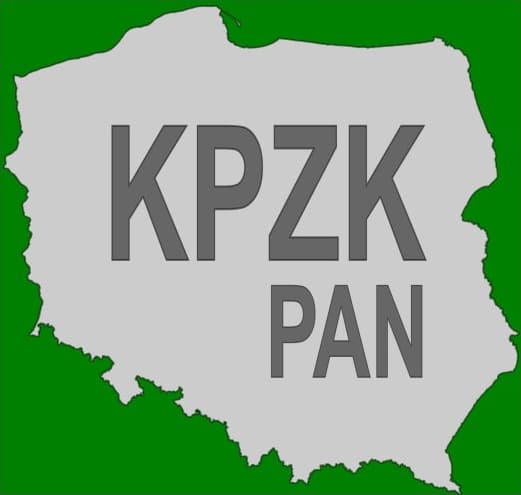One of the recurring criticisms faced by planning, and other, scholars is that their work, be it journal papers or doctoral theses, are ‘under-theorized’, ‘lack theory’, or make no ‘theoretical contributions’. Statements like these imply that critics have a single entity in mind called ‘theory’ without necessarily having a clear idea of what that ‘thing’ is which they expect others to attend to. Far from being wilful acts of dismissal, their assessments reflect the ambiguities of the concept of ‘theory’ itself and its contentious nature. Despite centuries of debate among leading figures in physical, natural and social sciences, there is no commonly agreed answer to the ontological question: ‘what is a theory’. This does not mean that we should abandon ‘theory’ from our planning lexicons. Nor does it mean that ‘theory’ can be used to refer to anything and everything. It rather highlights the existence of multiple meanings of ‘theory’ which remain in competition for legitimacy and dominance in planning theories. While acknowledging the essentially contested concepts such as theory, we concur with Donald Levine (1997: 4) that, “critical exploration of the meanings of key terms and their implications offer a […] commendable route towards intellectual sophistication and clear thinking”. With that in mind, this special session aims to bring a diverse set of perspectives together to explore different ways of navigating the complex maze of planning theory and unpack its history, evolution and values. The aim is to contribute to more constructive peer reviews, better use of planning literature, and deeper understanding of planning theories. The papers will primarily focus on addressing the following questions:
- What are theories for, how are they defined, and by whom?
- How to differentiate between different planning theories?
- How to theorise empirical studies?
- How to write about and teach planning theories, and what difference does that make to knowing and doing planning in practice?

